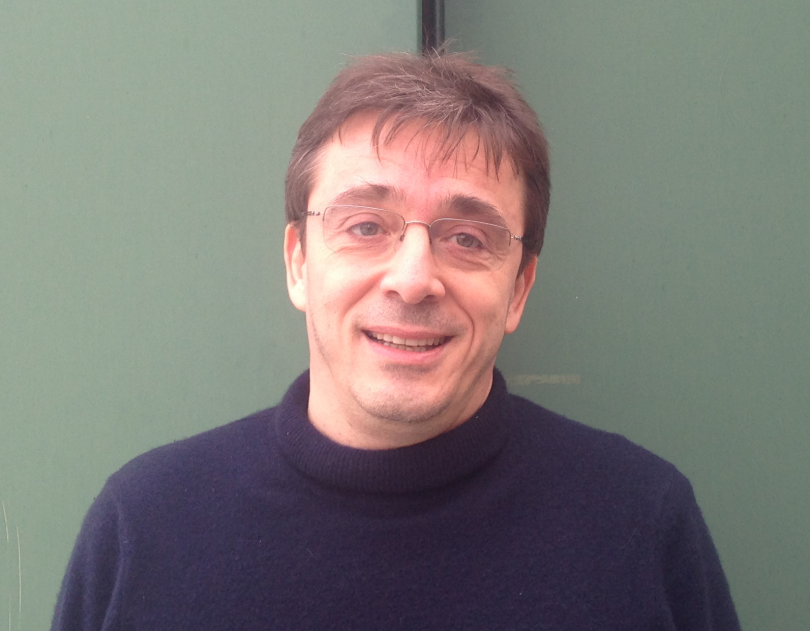Alessandro De Vita
has been a very appreciated lecturer of our School. He prematurely passed away in October 2018. Alessandro had over twenty years experience in materials modelling, with an interdisciplinary background spanning over Physics and Materials Engineering, holding a PhD in either discipline. He had been working at major institutions including the Cavendish Laboratory in Cambridge, The Swiss Federal Institute of Technology in Lausanne, and more recently King’s College London (Physics Dept.), and the University of Trieste (Dept. of Engineering and Architecture). He had been WG5-“Hybrid Classical and Quantum Methods” Spokesman within the ESF Psi-K Network and Chair of the Thomas Young Centre for Theory and Simulation of Materials in London, which he co-founded in 2006.
Lecture: Modelling Chemo-mechanical Properties of Materials for Energy Saving
Modelling complex materials processes of high social and economic impact requires a non-uniform-precision, multi-scale treatment. An example of this is crashing and grinding of mineral ores for metal extraction, on its own responsible for ~5% of the industrial energy consumption worldwide. Here, catastrophic or stress-corrosive brittle fracture and failure result from a coupling between dynamical large-scale stress concentration effects and detailed local chemical processes occurring at the advancing crack tip. Partnerships with EU-based industries provide an indication that hybrid methods can be useful to investigate a number of chemo-mechanical phenomena of direct industrial relevance for the commodity and renewable energy sectors.

